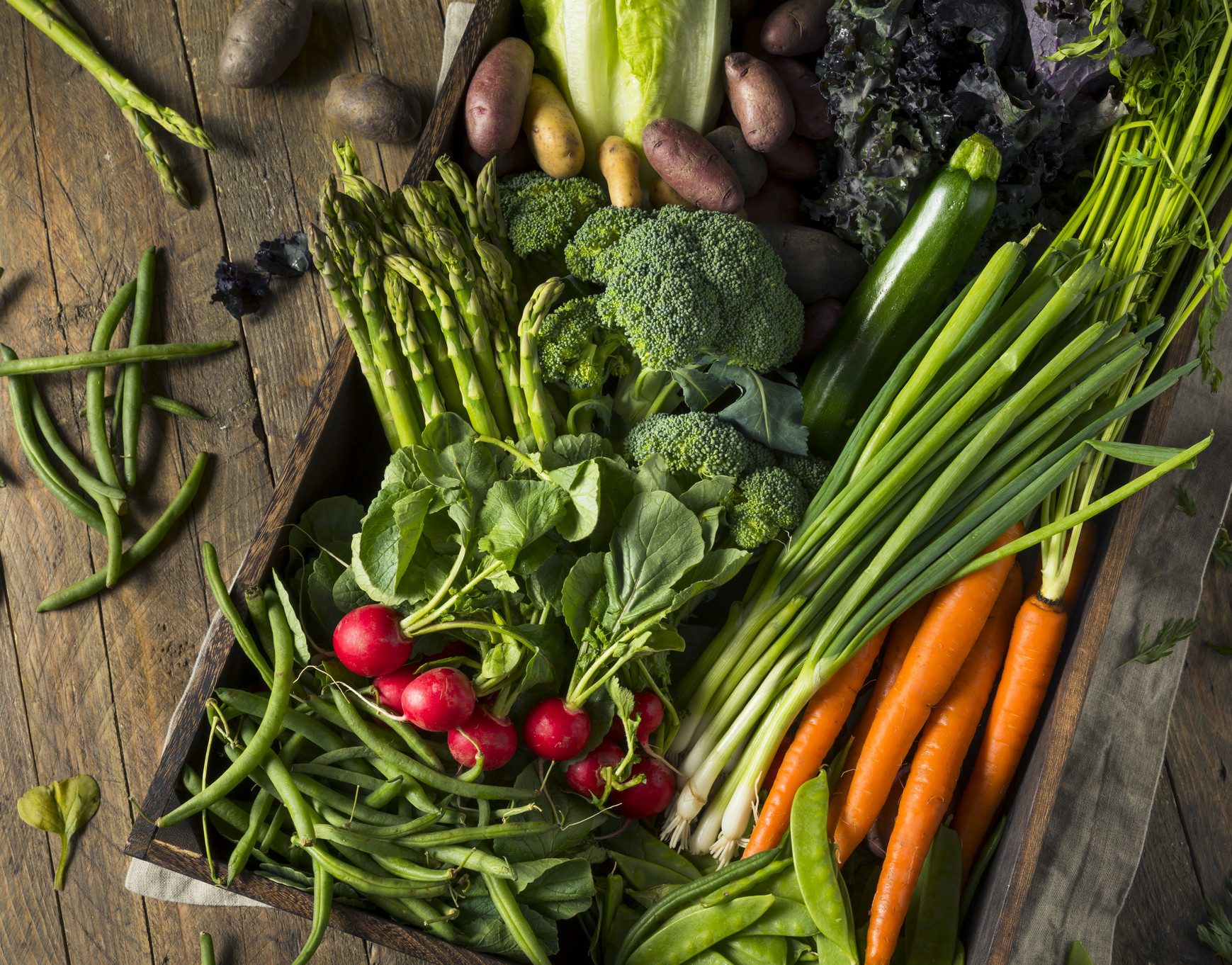As a runner, male or female, performing optimally is highly dependent on consuming an adequate number of calories each day. This number is dependent on a lot of factors: Your age, the duration and intensity of your workouts and of course, your gender.
Men, on average, need about six to ten percent more calories per pound of body weight than women to keep their muscles and organs operating properly. During exercise, men also burn more calories than women because they are typically larger and because they generally have more muscle and less fat, translating to a greater burn. In addition to this is the fact that male runners burn their glycogen store faster than their female counterparts during races and thus have to refuel more frequently.
In order to further understand the discrepancy, look closely at the following example taken from a study conducted on the subject matter:
A 160-pound male that runs 30 miles per week needs about 20 to 22 calories per pound of body weight, or 3,200 calories per day. A 130-pound woman running the same mileage needs only 18 to 20 calories per pound, or 2,400 calories a day.
It is important to note that these numbers may vary depending on such factors as genetics.
This doesn’t give runners a free pass to gorge on unhealthy foods, however. Protein is highly recommended as a means of getting in the needed nutrients for the body.
Studies have also revealed that male runners need at least 50 percent more than the Recommended Dietary Allowance (RDA) of protein, or about 0.6 grams per pound of body weight. This is equivalent to 90 to 110 grams of protein daily for the average man, while female runners need at least 25 percent above the RDA, or about 0.5 grams per pound of body weight, which is equivalent to 65 to 75 grams daily for the average woman. These protein needs rise even more as mileage increases.
In addition to eating lots of protein, male runners benefit from spreading calories across six meals a day. Small portions of nutrient-rich food spread across the day is much more effective in maintaining body mass and function than eating three large meals.
DRENCHED™ NY, llc., Copyright © 2018 DRENCHED™ | All Rights Reserved





